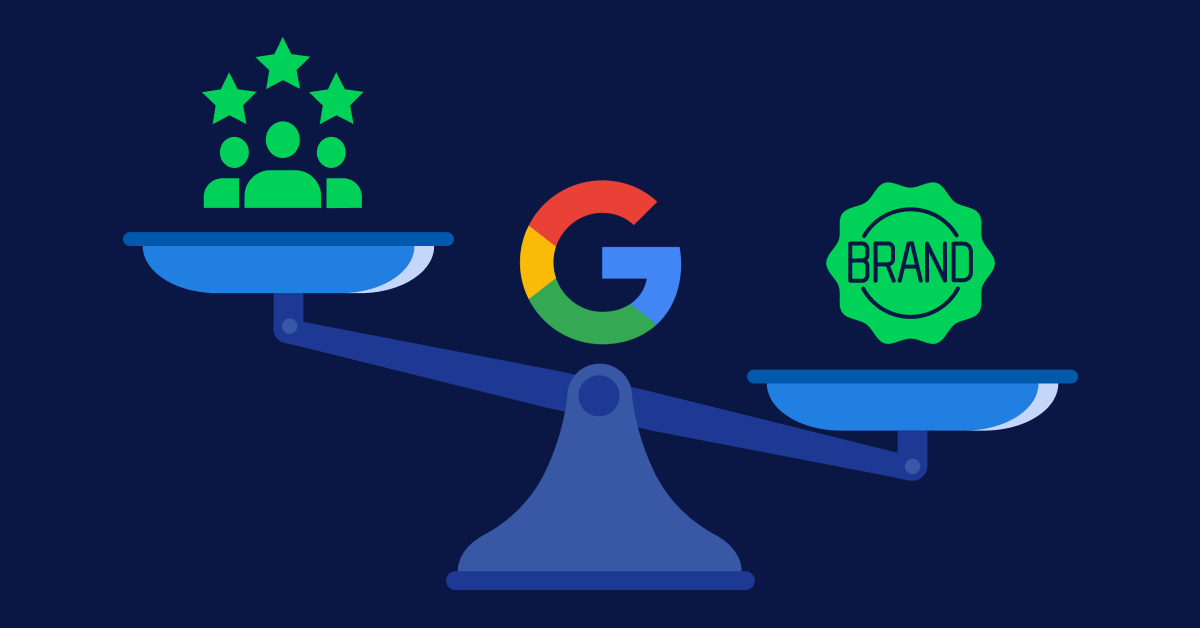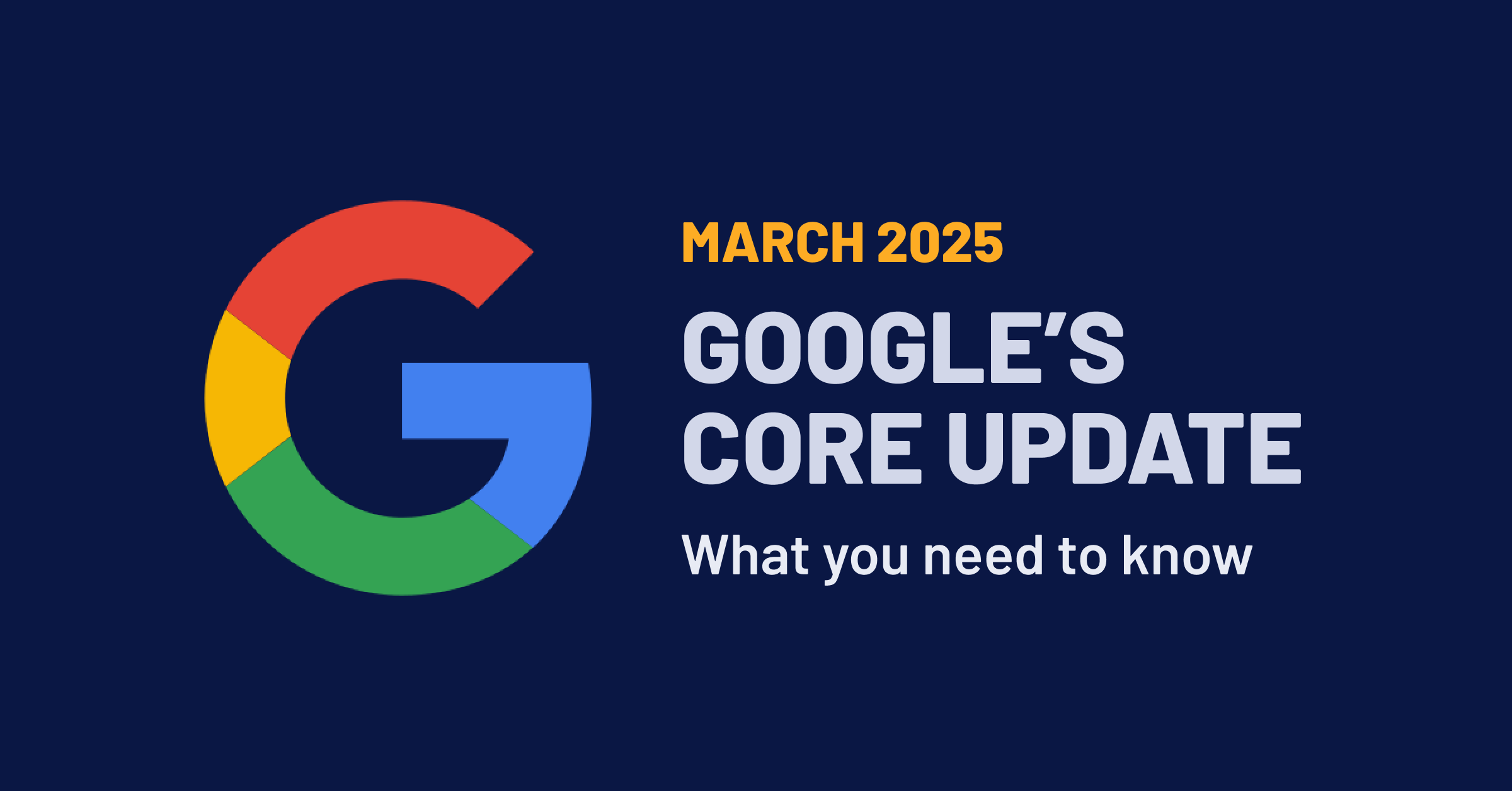
Google’s August 2024 core update rolled out from August 15 to September 3, 2024. This update was notable for its significant impact on search rankings, but it followed the March 2024 core update, which Google had previously described as the largest ever.
Initial Ranking Bug
A significant ranking bug distorted search results in the first few days of the August update. This issue was fixed within a few days, so any fluctuations observed during this period should be disregarded. For accurate insights, compare your rankings and traffic from the week following the bug fix and focus on trends before the update’s release.
Key Observations from Data Providers
- Similarweb: Their SERP Seismometer detected a notable spike in ranking fluctuations. August’s update showed the highest fluctuation levels since 2021. Although the top three and top five results experienced similar fluctuation levels between the November 2023 and August 2024 updates, August had lower fluctuations in the top ten results. Retail sites saw the most volatility, while health sites experienced the least.
- Semrush: This update introduced substantial volatility, surpassing even the March 2024 update. Peak volatility during August was more than double that of March. However, the severity of ranking changes was comparable to the March update, indicating heightened but familiar disruption.
- Sistrix: They highlighted the biggest winners and losers of the August update. The update reinforced the trend of smaller, consumer-focused sites gaining traction.
Impact on Sites
This core update favors websites focusing on consumer-based information and user-generated content. Sites like local service providers and platforms such as Reddit have benefited from this update. Conversely, many low-quality or “junk” sites have been pushed down in search results. In contrast, traditionally authoritative sites like WebMD have seen a relative decline.
A casual look at WebMD shows how user trust can be impacted. Many users go there and end up convinced their mild symptoms indicate major health issues. This experience has led to a growing mistrust of such sites, pushing users to rely more on peer-reviewed content and more balanced sources. This shift highlights the need for websites to provide genuinely helpful and accurate information, fostering trust and engagement.
Google’s Focus
John Mueller from Google emphasized that the August update aims to highlight content users find genuinely helpful and reduce the visibility of content crafted primarily to perform well in search results. This signals a shift towards valuing user engagement over traditional authority. Google’s feedback shows a preference for content from smaller or independent publishers who offer unique, helpful information.
What This Means for Marketers and SEOs
The August 2024 core update highlights a shift in Google’s ranking criteria, emphasizing user engagement and the value of consumer-focused content over traditional authority. To leverage this update effectively, here are some tested strategies and tips:
-
- Enhance User Experience (UX): Prioritize creating a seamless and engaging user experience. Ensure your website is easy to navigate, visually appealing, and provides value to your visitors. A positive UX can lead to higher user retention and better engagement metrics, which are increasingly important for ranking well.
- Focus on Quality Content: Develop content that genuinely meets the needs of your audience. This means offering in-depth, helpful information that addresses specific queries or problems. User-generated content, such as reviews and testimonials, can boost engagement and credibility.
- Leverage Local and Niche Information: For local service providers, ensure your content is highly relevant to local queries and provides valuable information specific to your area. For niche markets, focus on creating content that addresses unique needs or interests within that niche.
- Encourage and Utilize User-Generated Content: Encourage your users to contribute content, such as reviews, comments, or forum posts. User-generated content can enhance your site’s relevancy and provide fresh, engaging material that resonates with other users.
- Improve Content Freshness and Relevance: Regularly update your content to keep it current and relevant. This helps maintain its value over time and signals to Google that your site is an active and authoritative source.
- Invest in Authentic Engagement: Build relationships with your audience through social media, forums, and other channels. Authentic engagement can increase your site’s visibility and attract more organic traffic.
- Monitor and Adapt: Use analytics tools to track how changes in your content and UX affect your search rankings and user engagement. Be prepared to adapt your strategies based on performance data and evolving trends.
- Optimize for User Intent: Understand the intent behind the searches that drive traffic to your site. Tailor your content to align with your audience’s specific needs and interests to satisfy their queries better and improve your rankings.
Overview of Google’s Core Algorithm Updates: Focus and Impact Since 2012
-
- Panda (2011)
-
-
- Focus: Targeted low-quality content and sites with thin or duplicate content. The update aimed to reduce the ranking of sites with poor content quality and improve the visibility of sites with high-quality content.
-
-
- Penguin (2012)
-
-
- Focus: Addressed manipulative link-building practices. It targeted sites using spammy or unnatural backlinks to inflate rankings, promoting more natural link-building methods artificially.
-
-
- Hummingbird (2013)
-
-
- Focus: Improved understanding of search queries to provide more accurate and relevant results. It enhanced Google’s ability to process complex queries and understand user intent through semantic search.
-
-
- Pigeon (2014)
-
-
- Focus: Improved local search results by refining how Google handles local ranking factors. It aimed to provide more relevant local search results by incorporating more traditional ranking signals into local search.
-
-
- Mobilegeddon (2015)
-
-
- Focus: Enhanced the ranking of mobile-friendly sites in mobile search results. Sites not optimized for mobile devices saw drops in their rankings on mobile searches.
-
-
- RankBrain (2015)
-
-
- Focus: Introduced machine learning to understand better and process search queries. RankBrain helped Google interpret ambiguous questions and deliver more relevant search results by learning from user interactions.
-
-
- Fred (2017)
-
-
- Focus: Targeted websites with low-quality content that was overly optimized for ads and affiliate links. It aimed to penalize sites that prioritized monetization over user experience.
-
-
- Medic (2018)
-
-
- Focus: The update significantly affected health and wellness sites, emphasizing the importance of expertise, authoritativeness, and trustworthiness (E-A-T). The update aimed to improve the quality of medical and health-related content.
-
-
- BERT (2019)
-
-
- Focus: Improved Google’s understanding of natural language in search queries. BERT (Bidirectional Encoder Representations from Transformers) helped Google understand the context and nuances of user queries better.
-
-
- December 2019 Core Update
-
-
- Focus: Focused on improving overall content relevance and quality. It aimed to refine how Google assesses the expertise and trustworthiness of content.
-
-
- May 2020 Core Update
-
-
- Focus: Continued to enhance Google’s ability to assess the quality and relevance of content. It emphasized the importance of providing valuable and high-quality information.
-
-
- December 2020 Core Update
-
-
- Focus: Improved search result relevancy by refining the criteria for evaluating content quality and relevance. It affected many sites, impacting their visibility in search results.
-
-
- June 2021 Core Update
-
-
- Focus: Google refined its algorithms to improve content relevancy and quality. This aimed to better align search results with user intent and provide more authoritative information.
-
-
- July 2021 Core Update
-
-
- Focus: Followed up on the June update, further refining search algorithms to enhance the accuracy and relevance of search results. It continued to focus on content quality and relevance.
-
-
- November 2021 Core Update
-
-
- Focus: It addressed factors influencing search rankings, including content quality and user experience, and aimed to improve the quality of the overall search results.
-
-
- March 2022 Core Update
-
-
- Focus: Improved how Google evaluates and ranks content based on relevance and user experience. It affected a variety of sites, with a focus on content quality and site authority.
-
-
- May 2022 Core Update
-
-
- Focus: It enhanced Google’s ability to assess content quality and relevance, aiming to better reflect high-quality content in search rankings.
-
-
- September 2022 Core Update
-
-
- Focus: Continued to refine the evaluation of content quality and user experience. It aimed to improve how Google’s algorithms assess and rank content.
-
-
- March 2023 Core Update
-
-
- Focus: Focused on improving the quality and relevance of search results by refining content evaluation processes. It affected many sites, emphasizing content accuracy and user engagement.
-
-
- August 2023 Core Update
-
-
- Focus: Addressed content relevance and user engagement, continuing to refine how Google assesses and ranks content. It aimed to improve the quality of the overall search results.
-
-
- March 2024 Core Update
-
-
- Focus: The focus was on content quality and user intent, refining the algorithms to provide more relevant and authoritative search results. The goal was to improve the overall search experience.
-
-
- August 2024 Core Update
-
-
- Focus: Highlighted a shift towards user-centric content and engagement. It favored consumer-based information and user-generated content, impacting traditional authority sites and emphasizing content relevance and user trust.
-
Ready to navigate the latest Google updates and keep your brand visible? Overdrive’s SEO services can help you stay ahead with tailored strategies that adapt to algorithm changes. Contact us today to ensure your site ranks where it matters most!





